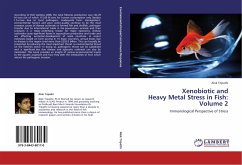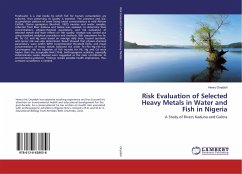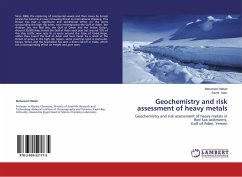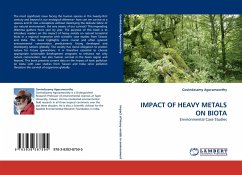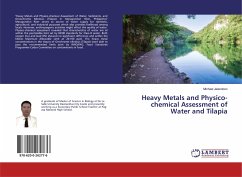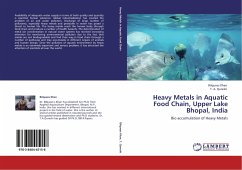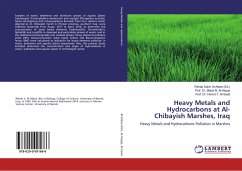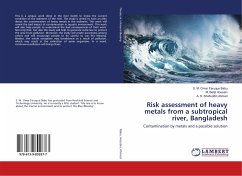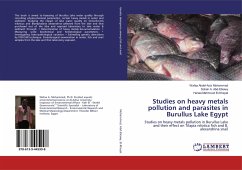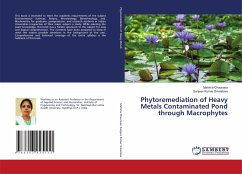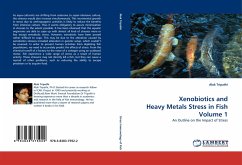
Xenobiotics and Heavy Metals Stress in Fish Volume 1
An Outline on the Impact of Stress
Versandkostenfrei!
Versandfertig in 6-10 Tagen
52,99 €
inkl. MwSt.

PAYBACK Punkte
26 °P sammeln!
As aqua-culturists are shifting from extensive to super-intensive culture, the stresses would also increase simultaneously. This incremental growth in stress due to anthropogenic activities is likely to reduce the benefits from intensive culture. Thus it seems obligatory to assure minimization in stresses to the extent possible. It has been observed that the aquatic organisms are able to cope up with almost all kind of stresses more or less except xenobiotic stress. However, xenobiotic have been proved rather difficult to cope. This may be due to the alteration caused by xenobiotics stresses i...
As aqua-culturists are shifting from extensive to super-intensive culture, the stresses would also increase simultaneously. This incremental growth in stress due to anthropogenic activities is likely to reduce the benefits from intensive culture. Thus it seems obligatory to assure minimization in stresses to the extent possible. It has been observed that the aquatic organisms are able to cope up with almost all kind of stresses more or less except xenobiotic stress. However, xenobiotic have been proved rather difficult to cope. This may be due to the alteration caused by xenobiotics stresses included alteration in genetic setup, which couldn't be reversed. In order to prevent human activities from depleting fish populations, we need to accurately predict the effects of stress. From the chemical runoff of a factory to the noise of a cottager using an outboard motor, fish experience a wide range of stress as a result of human activity. These stressors may not directly kill a fish, but they can cause a myriad of other problems, such as reducing the ability to escape predators or to acquire food.



